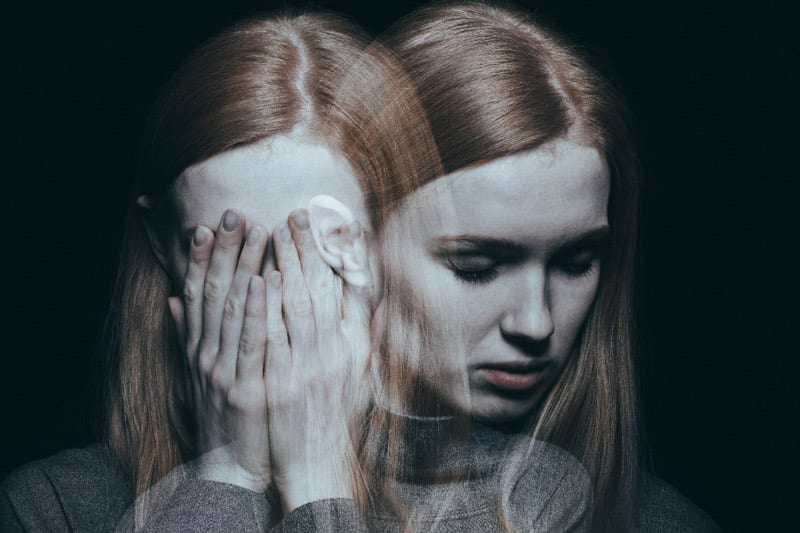A Quick Guide
Bipolar affective disorder is characterized by dual mood episodes that alternate over time. So, one of the episodes is mania or hypomania which includes highly elated mood, energy, and libido. Whereas, the other one is a depressive episode in which the person feels low, exhausted, and has decreased libido. In this article, we will discuss what bipolar depression is along with its treatment options.
What is bipolar depression disorder?
If we consider the depressive episode in particular or bipolar depression disorder, it refers to the occurrence of a major depressive episode. Likewise, all of its symptoms are of depression such as low mood, reduced sleep, and appetite, difficulty concentrating and making decisions, loss of interest in previously enjoyed activities, hopelessness, fatigue or exhaustion, restlessness, etc.
Watch: [Bipolar Disorder: History, Treatments, and New Studies]
Bipolar depression treatment
Management of a disorder may be done using multiple treatment options. A few of these include:
- The first and most effective treatment for managing bipolar depression symptoms is through the use of medication. Accordingly, it is integral that you consult are psychiatrist immediately.
- Psychological interventions also facilitate the treatment of bipolar depression. Particularly, such individuals can undergo individual therapy like cognitive behavior therapy.
- Similarly, group therapy can be beneficial for patients who have been recently diagnosed with bipolar affective disorder to cope with the new changes.
- The family of a person with bipolar disorder may find family therapy quite helpful as they can learn how to adapt to the illness’s manifestation in their loved one.
- It is especially important that the psychiatrist or the mental health professional provides the patient and his family with psychoeducation. This can include information about the nature of this psychiatric illness, lifestyle adjustments, the role of medicines, and management strategies in the long run.
Do some people respond much better to bipolar depression treatment?
The answer is yes because there are certain factors that may act as good or bad prognostic factors. These determine how quickly or how well a person responds to bipolar depression treatment. For instance, the following predicts poor prognosis of treatment of bipolar affective disorder:
- Having a family history of bipolar disorder
- Experiencing psychotic features e.g. Delusions, hallucinations
- Highly chronic depressive episode
- Early onset of the symptoms
- Presence of atypical symptoms such as hypersomnia (sleeping more than usual) psychomotor retardation (limited mobility, exhaustion), etc.
We hope the above article was helpful for you in understanding bipolar depression and its treatment. To find out more about it, check out the related articles.



 Bipolar depression: What are the bipolar depression symptoms?
Bipolar depression: What are the bipolar depression symptoms?  Manic Depression: What are the manic depression symptoms?
Manic Depression: What are the manic depression symptoms?